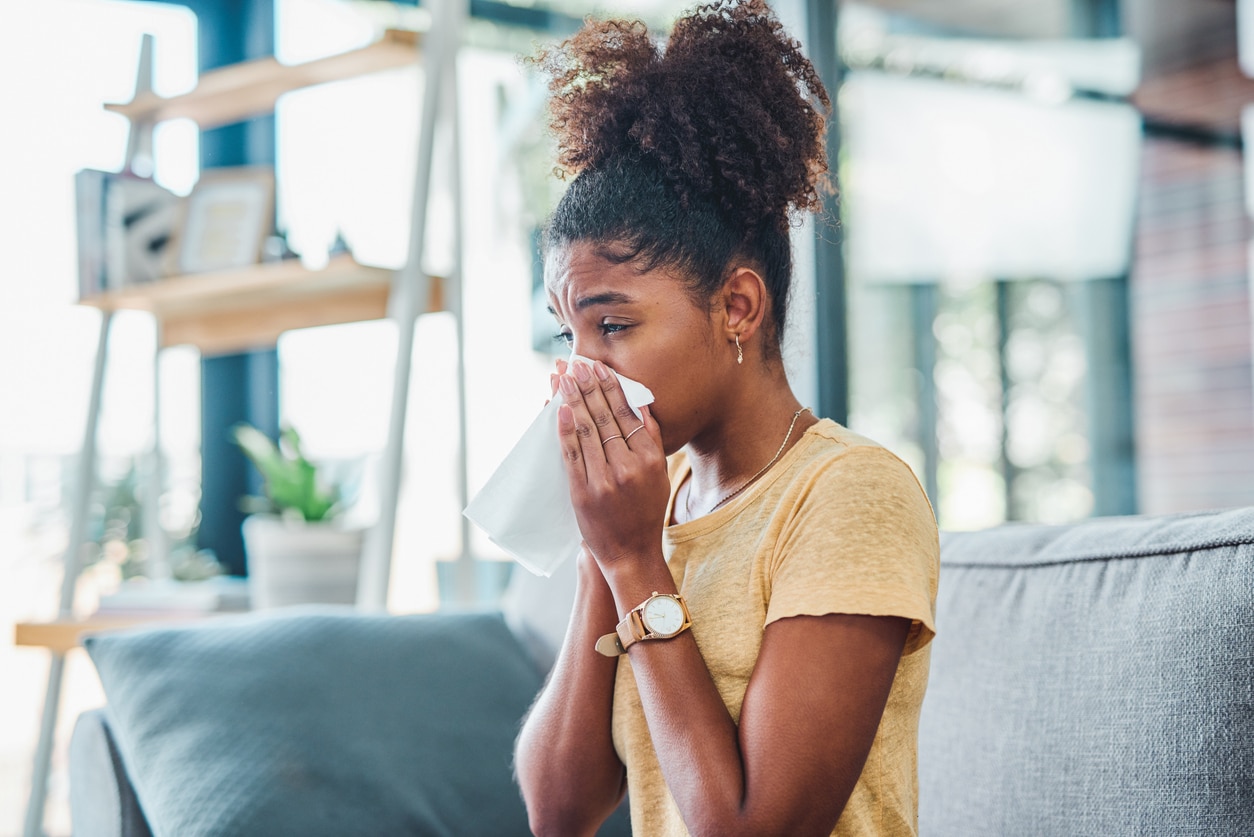Mold is an environmental allergy found both indoors and outdoors. It can cause a variety of health effects, or none, but it has been proven to cause allergic reactions or aggravate asthma symptoms for some. Allergic reactions occur when the body overreacts to a stimulus that wouldn’t normally be harmful and can present itself in a variety of symptoms.
Mold symptoms can display themselves in the form of congestion, wheezing and red and itchy eyes and skin.
Other symptoms can include:
· Itchy eyes, nose or throat
· Cough
· Phlegm
· Postnasal drip
· Sneezing
· Congestion
· Runny nose
Symptoms can appear immediately after exposure or can be delayed. If they are delayed, it may be harder to realize the symptoms are being caused by allergic reactions. Allergic reactions to mold can also trigger asthma symptoms, including coughing, wheezing, shortness of breath or tightening of the chest.
Rare Symptoms

There is also a perception about “toxic black mold” that would instantly cause significant illness, but there is no scientific information that supports this idea. There are, however, a few rare symptoms of allergic exposure to mold that include:
- Fever
- Chills
- Body aches
- Bloody cough
- Headache
- Weakness
These symptoms may be signs of rarer conditions that appear due to mold exposure, such as allergic bronchopulmonary aspergillosis (ABPA), fungal infection and hypersensitivity pneumonitis. People with chronic conditions such as asthma or autoimmune disorders are more likely to experience complications from mold exposure.
It’s a good idea to see a doctor when experiencing any allergy symptoms, both common and rare. Your doctor can assist you with determining your allergens and provide you with symptom management options such as antihistamines or steroids.
If you have questions about your allergens or wish to schedule an allergy test, contact Albany ENT & Allergy Services.